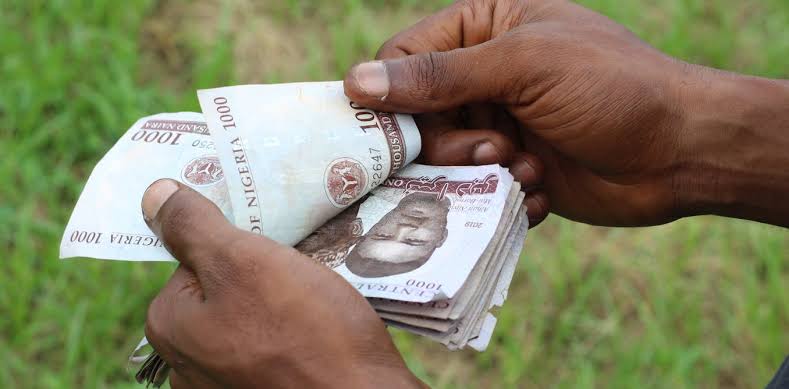In today’s Nigeria, ₦50,000 is no longer what it used to be. Rising inflation, a depreciating naira, and the increasing cost of living have drastically reduced the purchasing power of the average Nigerian. What used to be a comfortable amount that could cover monthly expenses has, for many, become just enough for a week’s survival or even less.
But does ₦50,000 still hold any value in this economy? Can it make a difference in your life, or has it become insignificant in the grand scheme of things? Let’s break it down.
What ₦50,000 Can Still Do for You
Despite the economic challenges, ₦50,000 can still go a long way, depending on your priorities and how you choose to manage it. Here are a few things ₦50,000 can cover:
- Groceries for a Month (Barely)
If you’re a careful planner, ₦50,000 might be enough to buy basic food items for a small household for a month. This could include staples like rice, beans, yam, garri, bread, and a few condiments. However, with prices skyrocketing daily, this may require serious budgeting. - Transportation Costs
For those living in major cities like Lagos or Abuja, ₦50,000 might cover your transportation costs for a month, especially if you rely on public buses, keke, or shared rides. However, if you own a car, fuel costs alone could consume a significant portion of that amount. - Internet Subscriptions and Utilities
With many Nigerians working remotely or running online businesses, staying connected is essential. ₦50,000 could cover your monthly data plan, Netflix subscription, and electricity bills – though, again, rising tariffs may leave little room for extras. - Savings or Emergency Fund
It’s often said that saving is crucial, no matter how small the amount. While ₦50,000 may not be life-changing, it could serve as an emergency fund or the beginning of a savings plan. - Investments in Side Hustles
With the gig economy booming, you could also invest ₦50,000 in a side hustle. Whether it’s starting a small food business, creating digital designs on Canva, or reselling thrift clothes, a smart investment could yield profits.
What ₦50,000 Can’t Do in Today’s Economy
On the flip side, there are several things ₦50,000 can no longer do comfortably, which reflects the harsh realities of the Nigerian economy:
- House Rent
In most Nigerian cities, ₦50,000 isn’t enough to cover house rent for a decent apartment. In Lagos, for instance, even a single-room apartment in a low-cost area costs far more. - Healthcare Costs
A visit to a private hospital, especially for minor health concerns, could wipe out your ₦50,000. Medications, consultations, and tests are now more expensive than ever. - School Fees
For parents, ₦50,000 may not be enough to cover a term’s tuition, even in many public or private primary schools. Education has become a luxury in Nigeria’s struggling economy. - Luxury Purchases
If you’re dreaming of buying new clothes, gadgets, or other luxury items, ₦50,000 won’t take you far. A new smartphone, for example, can cost upwards of ₦100,000, while a good designer handbag or shoes may cost double that.
So, Is ₦50,000 Something or Nothing?
The answer depends on how you manage it. While ₦50,000 may seem insignificant compared to the rising cost of living, it’s not entirely worthless. With the right mindset, careful budgeting, and some creativity, it can be stretched to meet your immediate needs or serve as capital for small investments.
However, for many Nigerians, the reality is that ₦50,000 isn’t enough to secure long-term financial stability. As inflation continues to rise, it’s becoming increasingly difficult for the average person to make ends meet.
Ultimately, ₦50,000 is a reminder of how tough things have become. For some, it’s barely enough to survive, while for others, it could be a stepping stone toward something bigger. The key is knowing how to make the most of it – because in this economy, every naira counts.

